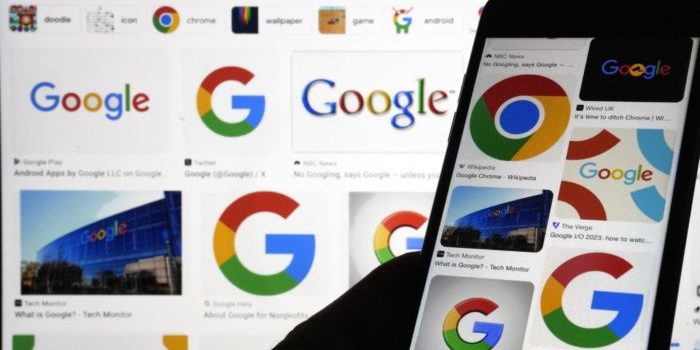(Dmytro “Henry” Aleksandrov, Headline USA) Google announced that it will delete Gmail accounts on Dec. 1, 2023, as the company changes its rules on inactivity users.
In three weeks, any Gmail account that hasn’t been used in over two years will be deleted, according to the Daily Mail.
It was also reported that Google Drive, Docs, Calendar, Meet and Photos accounts will be deleted if they haven’t been active, along with all of the content on these accounts.
In the months leading up to their removal, accounts at risk of being deleted will be sent multiple notifications warning them about the possible outcome.
This change was needed to reduce the risk of inactive accounts being hijacked by criminals and used for spam or other malicious content, according to the Big Tech company.
The Mail also recently reported that hacked Gmail accounts are being sold on the dark web for as little as $60.
The purge that was first announced back in May of 2023 will begin with accounts that were created and then never used again, such as those that were created to access free trials.
Google said that if someone is afraid of losing one’s account, a person just needs to log in to one’s account once every two years.
The company also said that activities such as reading an email, watching a YouTube video or using Google search would be enough to keep an account from being deleted.
“[The change is necessary to] protect our users from security threats, like spam, phishing scams and account hijacking,” Ruth Kricheli, vice president for product management, said.
An internal analysis by Google also showed that forgotten or unattended accounts were much more likely to have been compromised than accounts that were actively maintained because old accounts often relied on out-of-date or re-used passwords and were ten times less likely to have two-factor authentication set up.
“These accounts are often vulnerable, and once an account is compromised, it can be used for anything from identity theft to a vector for unwanted or even malicious content, like spam,” Kricheli said.

